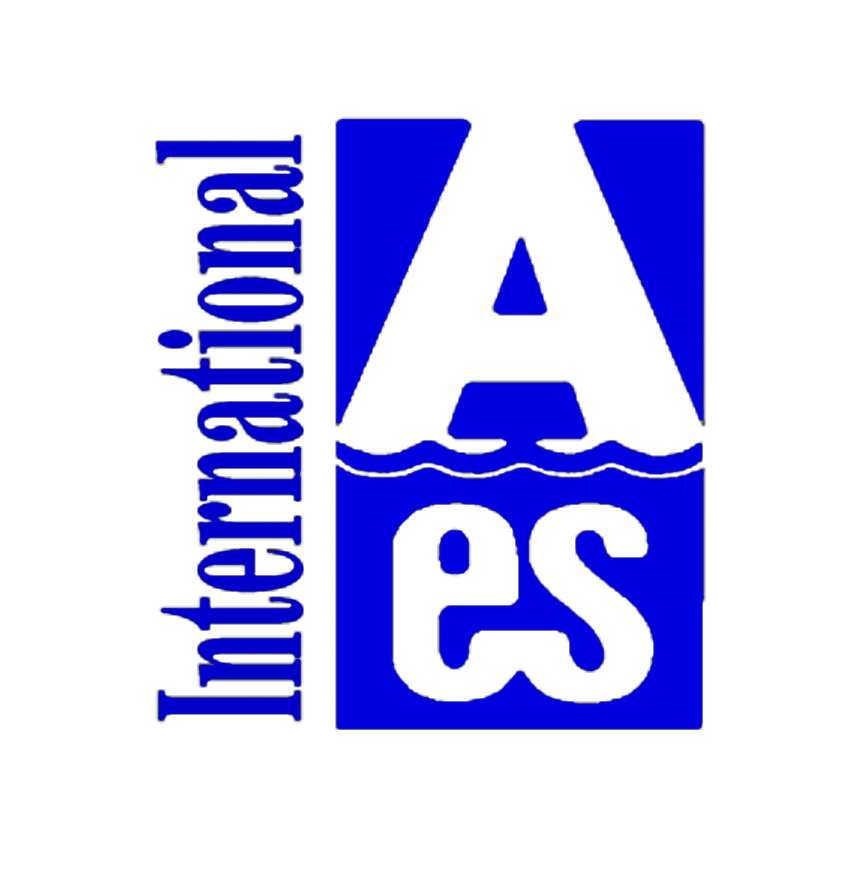Dr. Bernard C. Beaudreau

Dr. Bernard C. Beaudreau
Bernard C. Beaudreau is Professor of Economics at Université Laval in Quebec City, Canada. He holds an M.A. and a Ph.D in economics from Western University. His research interests include economic theory, economic history, the history of economic thought, international trade, and consilient science. He has published numerous articles in leading journals as well as a number of monographs, including The Economics of Speed: Machine Speed as the Key Factor in Productivity in 2020.
Why did you become a member of the International Atlantic Economic Society?
For a number of reasons, not the least of which is the quality of both the various conferences as well as the publications. Both the Atlantic Economic Journal and International Advances in Economic Research are, in my view, excellent journals.
What types of projects/research are you currently working on and what inspired/motivated you to pursue these interests?
I am currently working on a number of projects, including a general theory of industrial revolutions and a follow-up to my forthcoming book The Great Depression, Its Origins in Acceleration and Electric Unit Drive (2023) which will focus on the role of acceleration (machine speed-ups) in post-WWII productivity growth. Fun Fact: my interest in industrial revolutions was triggered in large part by Joel Mokyr’s Presidential Address of the IAES in Lisbon 2016. Given my long tenure giving the History of Economic Thought course in my department, I am also currently putting the finishing touches on a critical history of economic thought from the point of view of science and the scientific method.
What advice would you give to someone who is considering entering your line of work/field of study?
Read, read, read. History matters and students should make every effort to familiarize themselves with the history of their chosen field or topic. Too often, economic ideas are presented out of context. Put simply, context matters.
Going forward, what other projects/research are you planning to or hoping to pursue?
I hope to (i) examine in more detail the role of Calvinism in economic thought (e.g. Smith and Say were Calvinists) (ii) revisit Adolph Berle Jr. and Gardiner Means’ The Modern Corporation and Private Property 1934, and (iii) examine the role the Smoot-Hawley Tariff Act of 1930 played in the breakdown of the international order in the 1930s and 1940s.
What’s your favorite hobby?
Genealogy.

